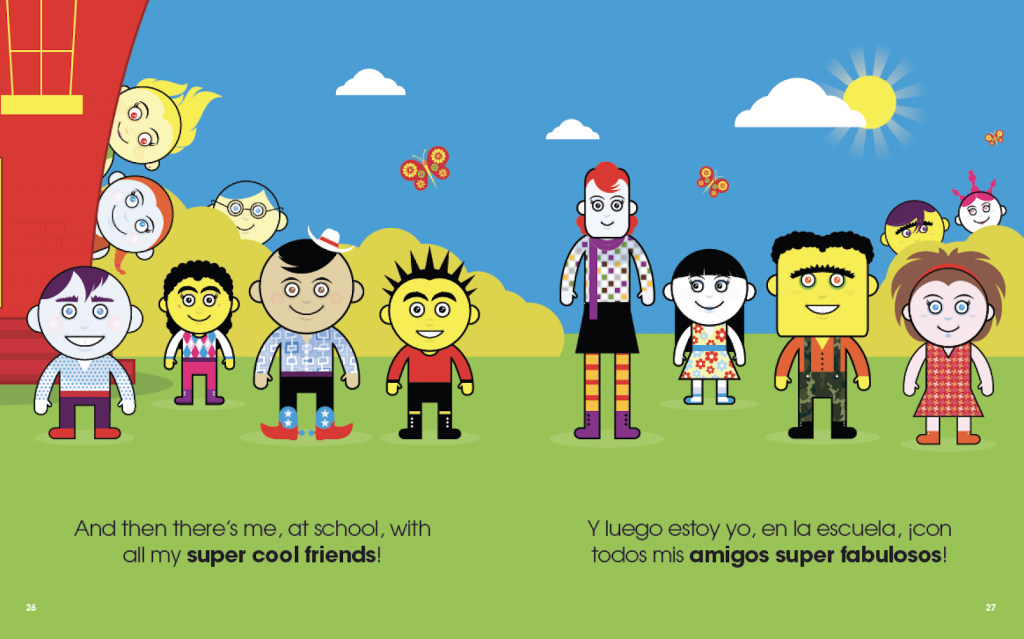
By nature, children have an easy time learning to speak more than one language simultaneously. Most often, children have a better understanding of one language over another – this is known as the dominant language. Over time, children can find that their dominant language has changed. For instance, many bilingual preschoolers’ first language is Spanish. Once they enter preschool and start to learn English, and speak English more often, their dominant language switches from Spanish to English. Like any other skill, being bilingual takes a lot of practice, in order to become fluent. Read on to learn more about language development with bilingual preschoolers.
Learning Two Languages
Preschoolers’ brains are like sponges! Additionally, they are more receptive to learning languages. The amount of time and the quality of practice that children get plays a big role on how preschoolers learn two languages. Research has shown that bilingual children say their first words by the time they reach their first birthday. By their second birthday, bilingual children begin to use two-word phrases, in one or both languages. Sometimes, bilingual children mix grammar rules from one language to another. Additionally, they might code-switch within the same sentence; which is a normal practice of bilingual individuals. Further, speaking two languages does not hinder children from learning one language or another. Rather, it helps them learn a great vocabulary and an array of words and topics they might not have learned, if they only spoke one language.
Tips for Promoting Bilingualism
There are quite a few ways that parents, babysitters, and teachers can help preschoolers become bilingual. Some of the ways include using the following tools:
- Music: Music is a great way to introduce preschoolers to a new language. Not only is music helpful, but also it’s entertaining.
- Language Programs: Language programs really help preschoolers become bilingual because they encourage children to use two languages simultaneously.
- TV and Videos: Allows preschoolers to watch entertaining children’s programs. These television programs teach preschoolers about subjects such as letters, reading, colors, numbers, and other simple terms.
- Bilingual Books: Bilingual books really do help form a sturdy basis for language development. Lectura Books offers bilingual books for children of all ages. These books are cognizant of cultural views and norms.
- Talking: Talking with children is also a good way to reinforce both languages being learned.
